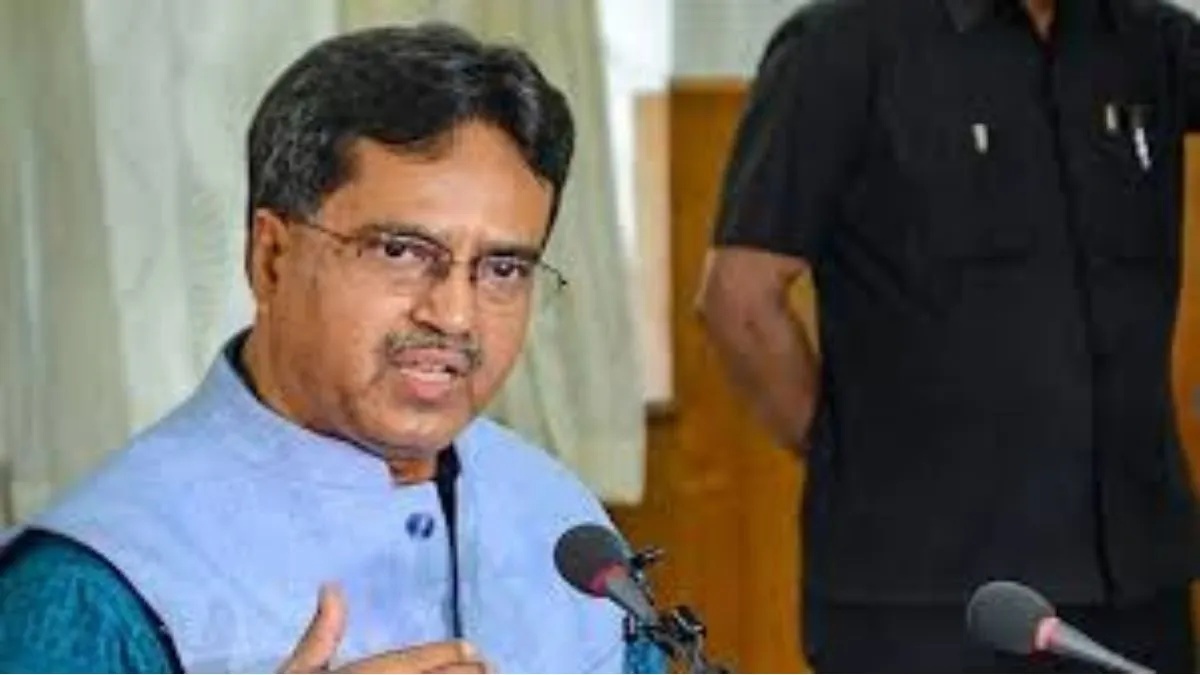
Addressing DA Disparity and Administrative Reforms
Tripura Chief Minister Manik Saha has announced a comprehensive plan to address the significant gap in Dearness Allowance (DA) between central government employees and their state counterparts. Currently, central employees receive 53% DA, while Tripura’s state government workers are only granted 33%, according to recent data. Saha emphasized that his administration has been actively working to narrow this disparity, which he described as a critical issue affecting public sector workers. During a public address, the CM revealed that the state government has already disbursed 29% DA to its employees over the past 29 months. This initiative is part of a broader strategy to ensure fair compensation for state workforce, which includes filling over 19,000 regular posts since the BJP assumed power in 2023. The move reflects the government’s commitment to improving living standards and reducing financial strain on public sector employees.
Administrative Cleanups and Teacher Dismissals
The CM also highlighted a major administrative overhaul, citing the dismissal of 10,323 teachers who were appointed illegally under the previous Left Front regime. Saha stated that these dismissals were validated by the Supreme Court following a High Court ruling, which affirmed the legality of the sacking process. This action is part of a larger effort to eliminate corrupt practices and ensure transparency in government appointments. The minister criticized the opposition CPI(M) for its past involvement in distributing appointment letters through party offices, a practice he claims has been discontinued under his administration. Saha emphasized that his government is taking decisive steps to ensure accountability, contrasting it with the previous regime’s alleged misuse of public resources.
Healthcare Expansion and Medical Infrastructure
Looking beyond administrative reforms, Saha unveiled ambitious plans to transform Tripura into a regional medical hub. The government aims to establish new medical, nursing, and paramedical colleges to address the shortage of healthcare professionals and improve access to advanced treatments. A key component of this initiative is the development of a state-of-the-art eye hospital near GBP Hospital and AGMC, as well as a super-speciality hospital proposed for Khujurbagan in Agartala. These projects are designed to reduce the need for referrals to other states for critical care, ensuring that residents can access modern medical facilities within the state. The CM reiterated his government’s commitment to enhancing healthcare services, positioning Tripura as a leader in medical innovation and accessibility.
Opposition Criticism and Government Resilience
Saha addressed criticism from the CPI(M) regarding the government’s ceremonial distribution of appointment letters, dismissing it as a political attack. He argued that the previous government’s practice of handing out letters through party offices was a transparent violation of protocol, which his administration has rectified. The CM also defended the government’s focus on administrative efficiency, stating that its efforts to clean up corruption and streamline processes have been met with resistance from opposition groups. Despite these challenges, Saha asserted that his government remains focused on its agenda, emphasizing that its actions are driven by the public interest rather than political posturing.
Broader Vision for State Development
Beyond immediate reforms, Saha outlined a long-term vision for Tripura’s development, emphasizing the importance of equitable resource distribution and quality public services. The government’s focus on bridging the DA gap reflects its broader goal of ensuring fair treatment for all state employees, while its healthcare and education initiatives aim to improve the quality of life for citizens. Saha’s administration has also prioritized transparency and accountability, as seen in its efforts to address illegal appointments and streamline bureaucratic processes. These measures are part of a larger strategy to position Tripura as a model of efficient governance and public service delivery, ensuring that its residents benefit from well-structured policies and infrastructure development.




